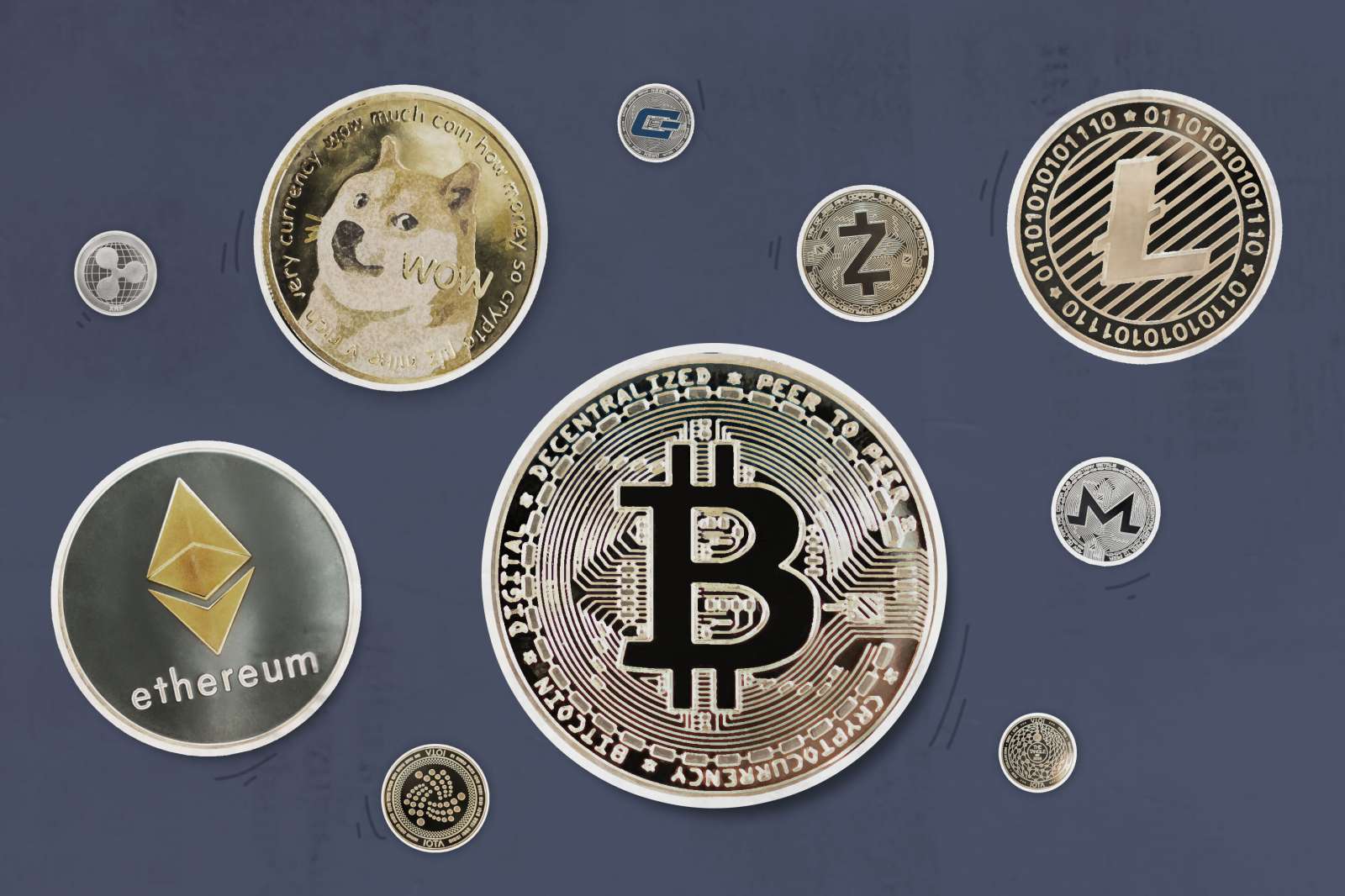Chinese digital currency exchanges are subject to strict regulations, including anti-money laundering and KYC requirements, exchange licenses, fund custody and trading restrictions. Despite strict regulations, the industry is thriving, driven by growing digital asset markets, government support, technological advancements, and institutional participation. Challenges and opportunities facing exchanges include regulatory uncertainty, increased competition, market volatility and global expansion.

Domestic digital currency exchanges: supervision and development
What is a domestic digital currency exchange?
Domestic digital currency exchanges are platforms that allow users to buy, sell and trade digital assets. These platforms operate within China.
Regulatory Framework
China implements a strict regulatory framework for digital currency exchanges, mainly through institutions such as the People’s Bank of China (PBOC) and the China Securities Regulatory Commission (CSRC). Supervisory measures include:
-
Anti-Money Laundering and Know Your Customer (KYC) Requirements: Exchanges must comply with Anti-Money Laundering and Know Your Customer regulations to prevent illegal activities.
-
Exchange License: Exchanges need to obtain a license or permit from the relevant regulatory agency to operate.
-
Fund custody: Exchanges must store user funds in safe and compliant banks or third-party depository institutions.
-
Trading Limits: There are trading limits for individual transactions and daily trading volume.
-
Consumer Protection: Regulators are committed to protecting the interests of traders and investors and setting rules to prevent fraud and market manipulation.
Prospects
Despite strict regulations, China’s digital currency exchange industry is still booming. Major development factors include:
-
Growing Digital Asset Market: Digital assets such as Bitcoin and Ethereum are becoming more and more popular, creating huge market opportunities for exchanges.
-
Government supports innovation: The Chinese government supports the innovation of blockchain and digital currency technology and creates a favorable regulatory environment.
-
Technological Advances: The exchange continuously invests in technology upgrades to improve transaction speed and security.
-
Institutional Participation: More and more institutional investors are interested in digital assets, driving the growth of the exchange.
Challenges and Opportunities
Domestic digital currency exchanges face the following challenges and opportunities:
-
Regulatory Uncertainty: The regulatory framework is still evolving and may create uncertainty for exchanges.
-
Intensified competition: Competition in the industry is fierce, and exchanges need to continue to innovate to remain competitive.
-
Market Volatility: The digital asset market is highly volatile, which may affect the profitability of the exchange.
-
Global expansion: Some exchanges are seeking global expansion, which will bring new opportunities and challenges.
The above is the detailed content of Domestic digital currency exchange. For more information, please follow other related articles on the PHP Chinese website!





